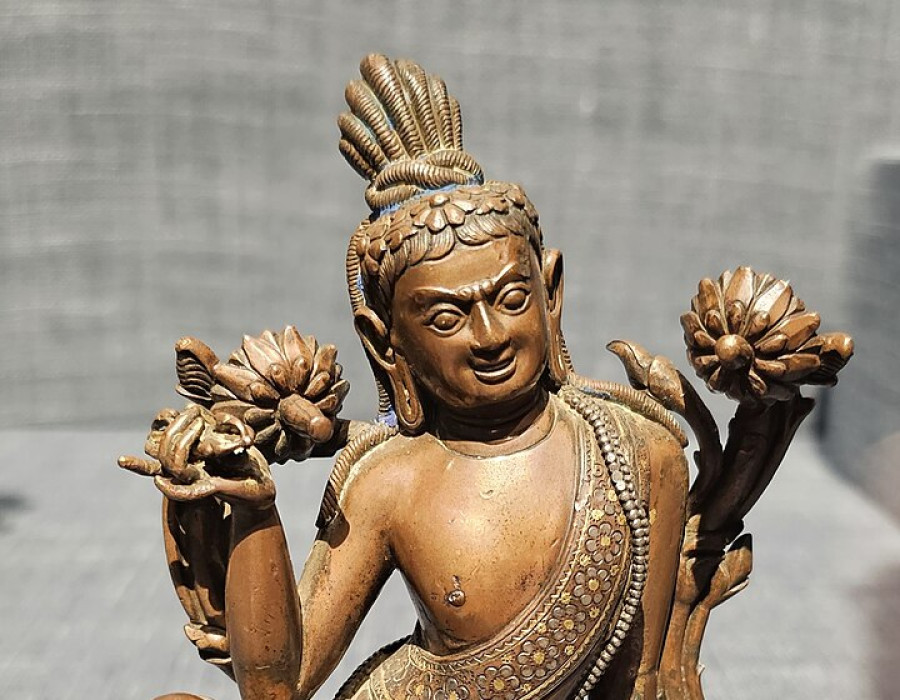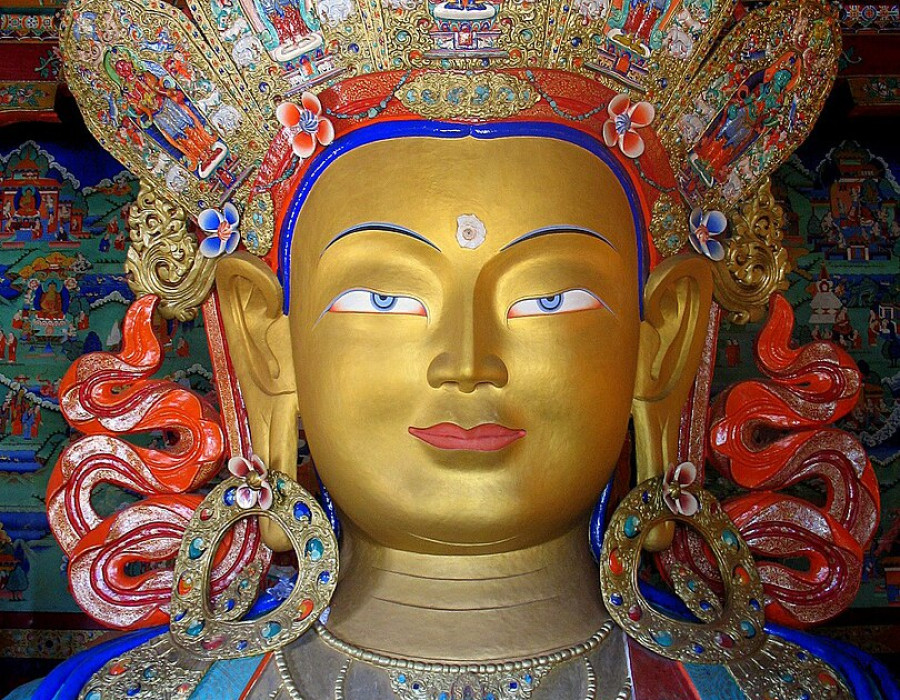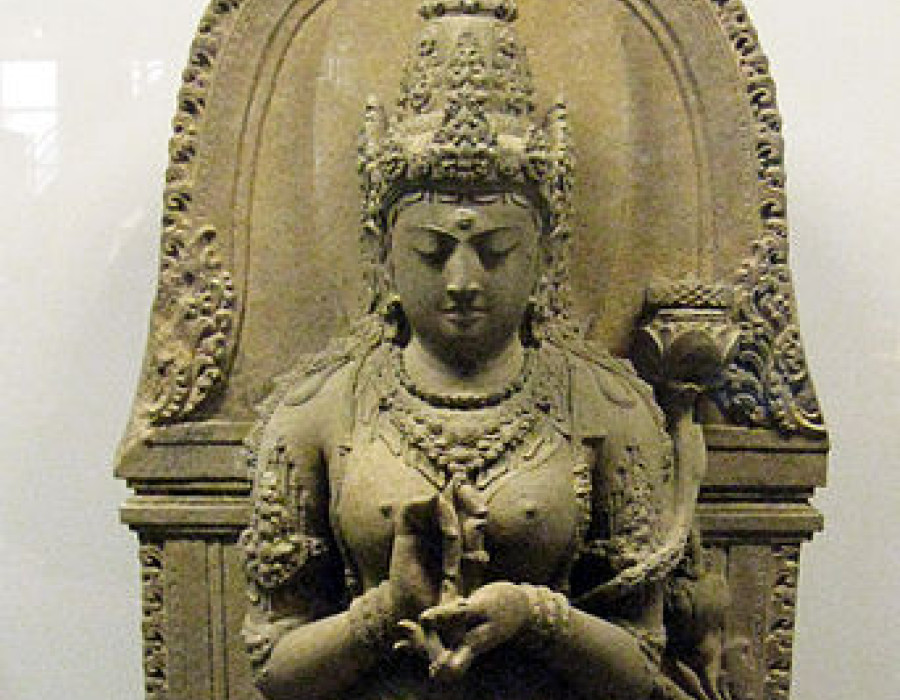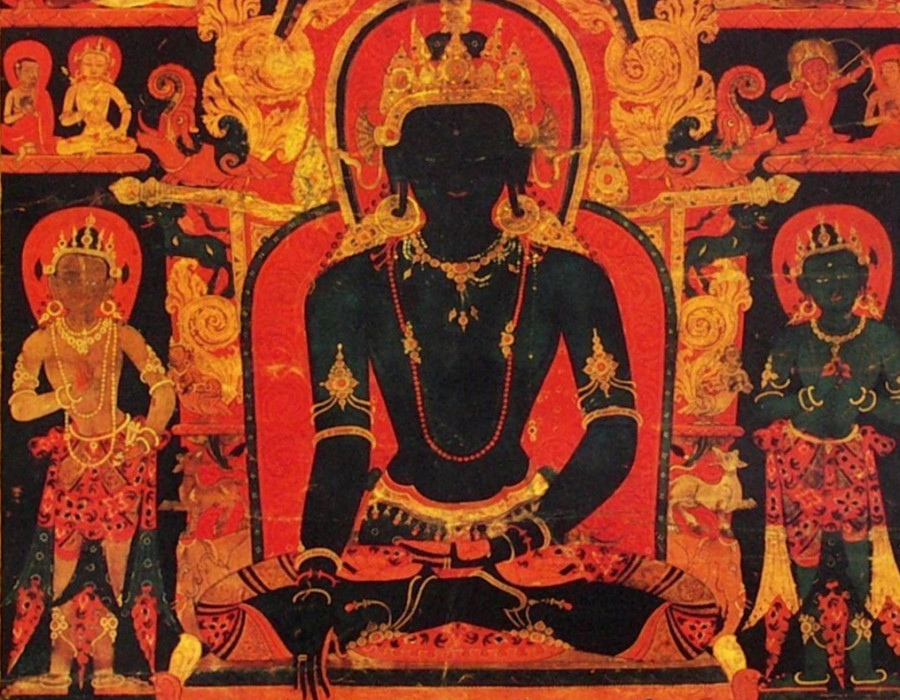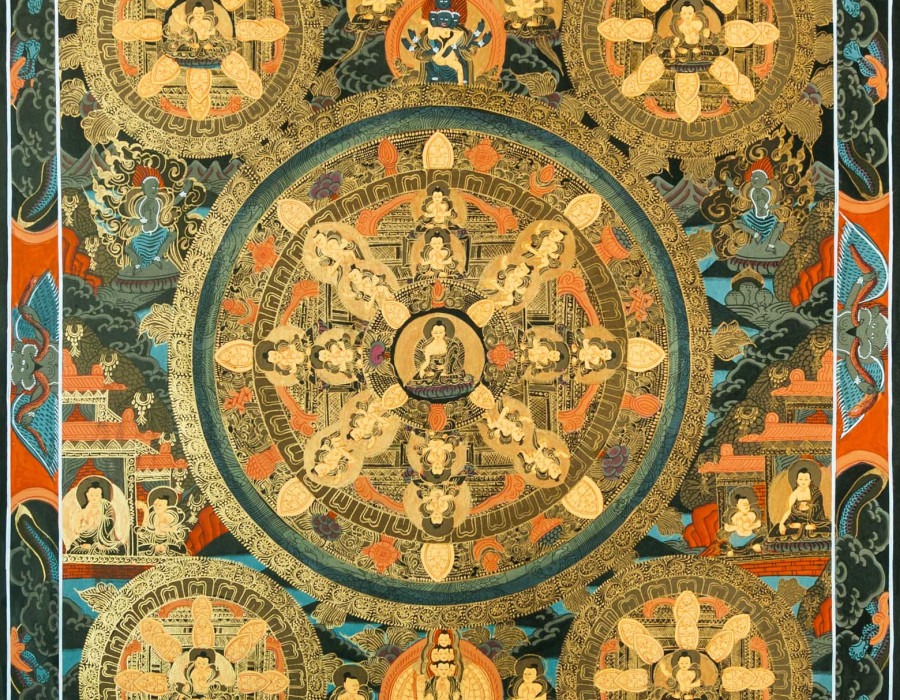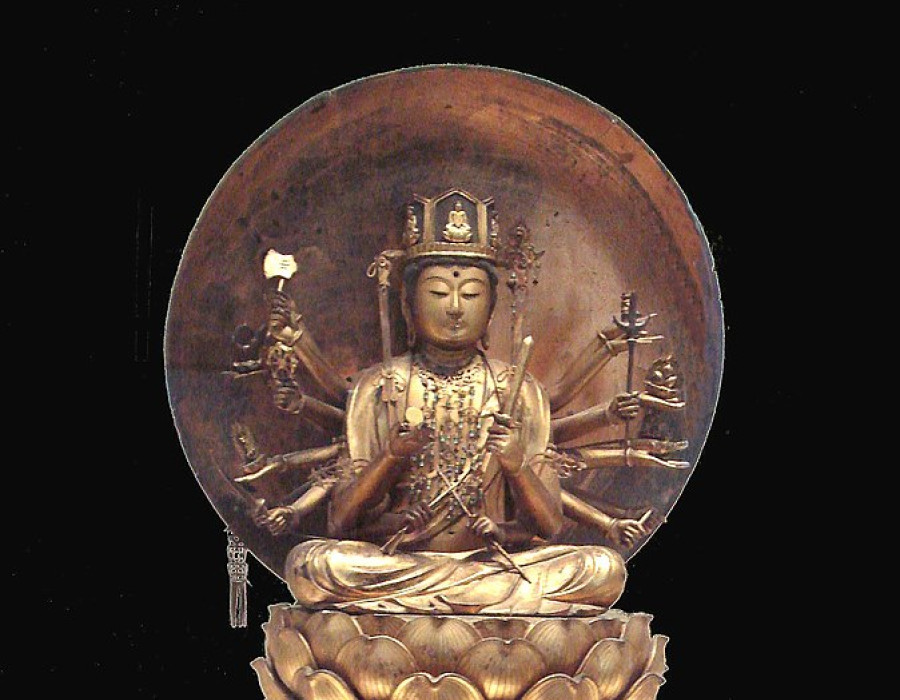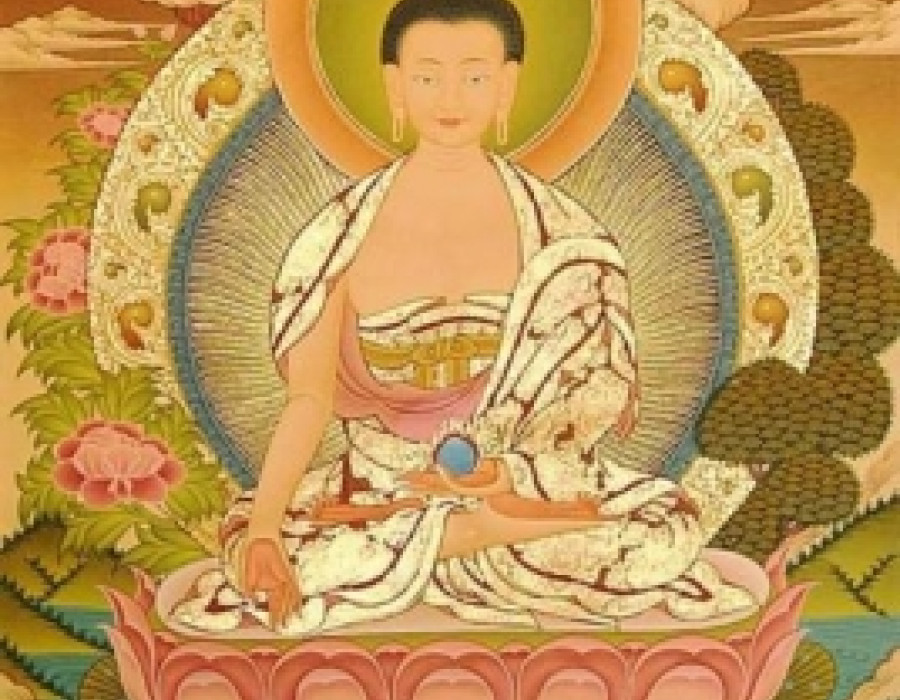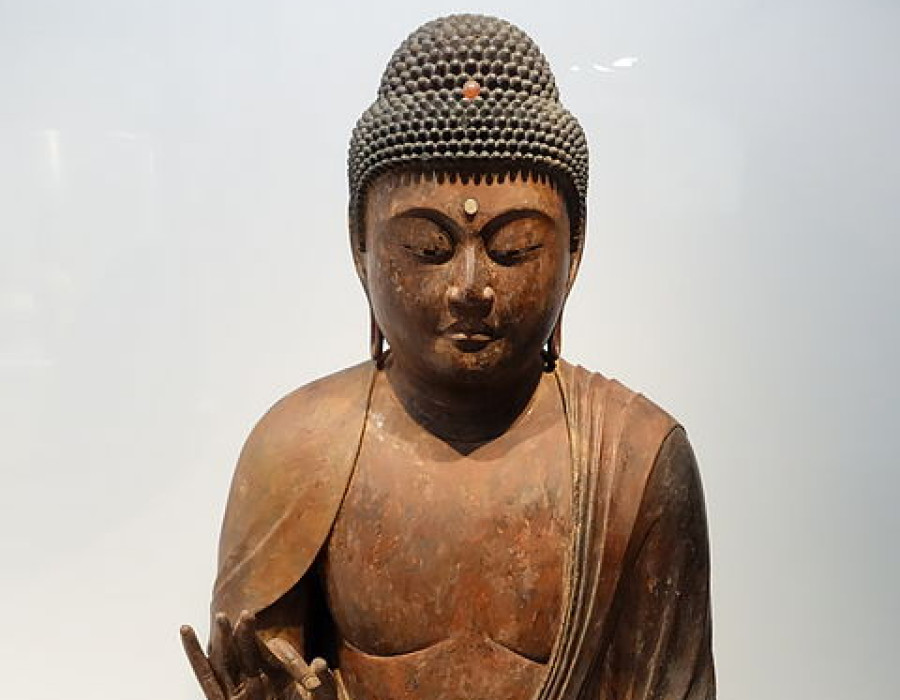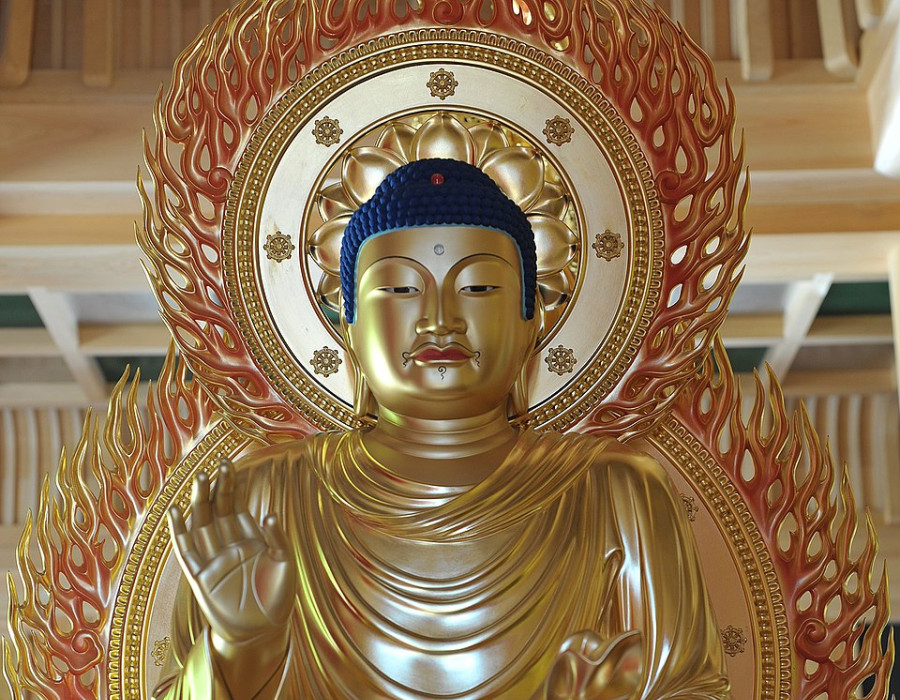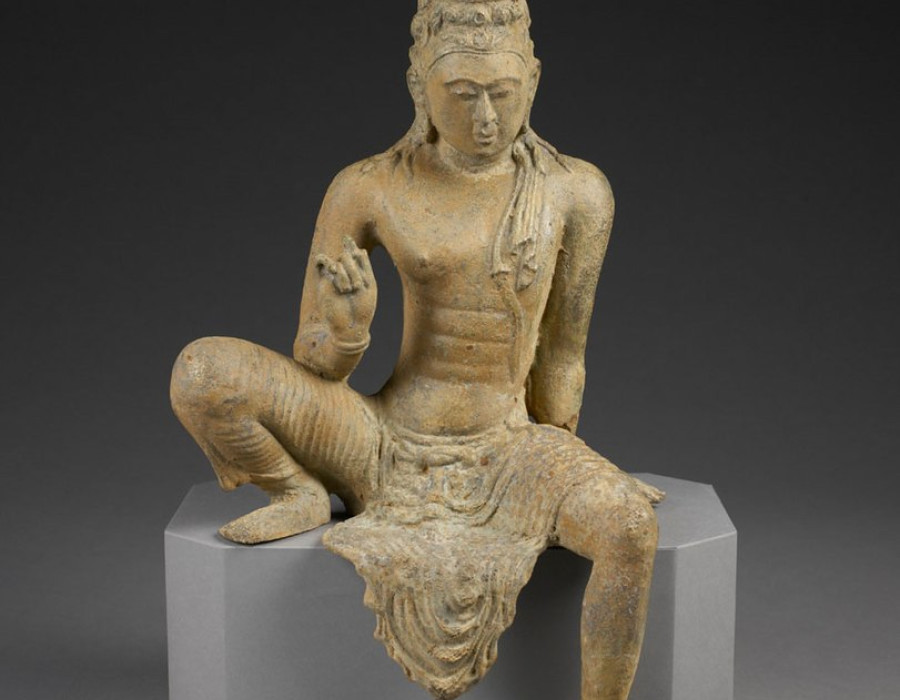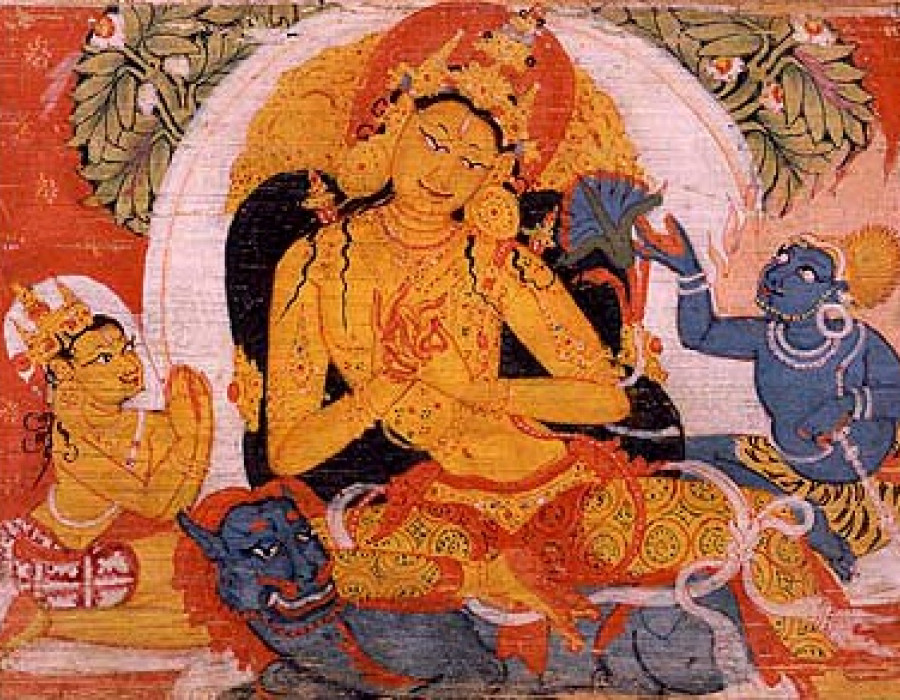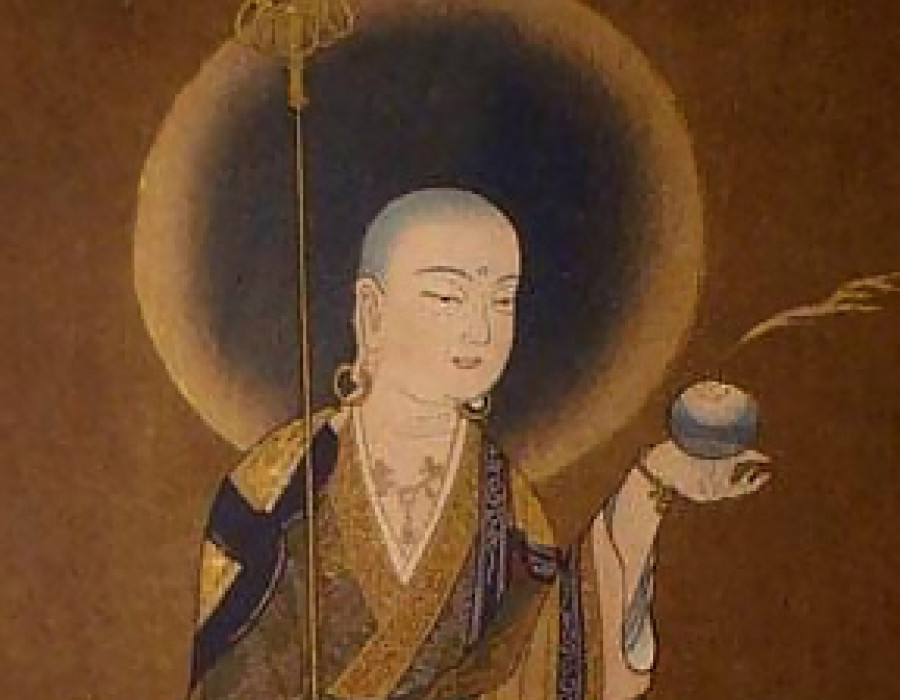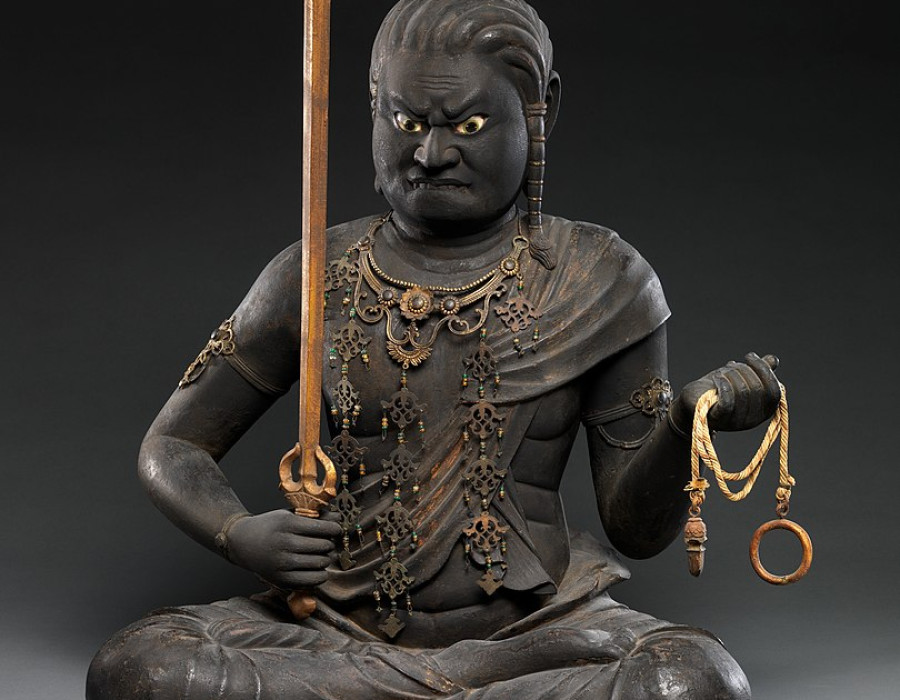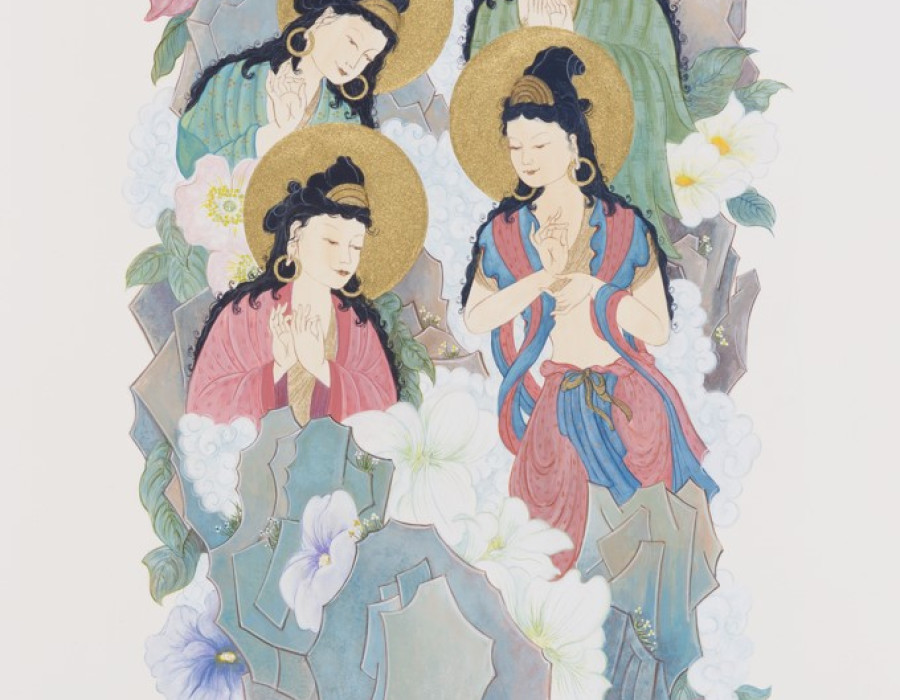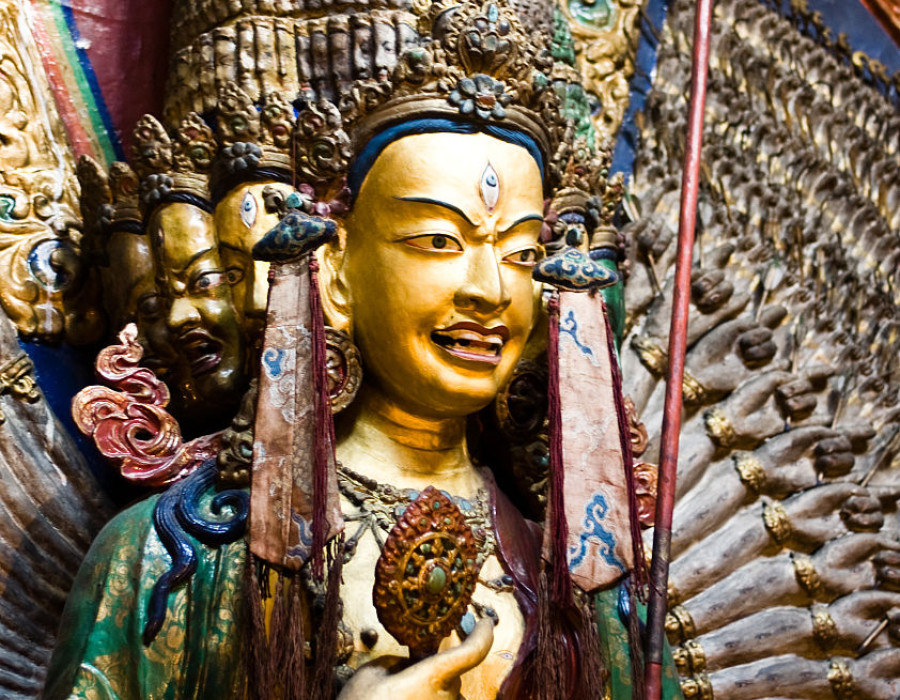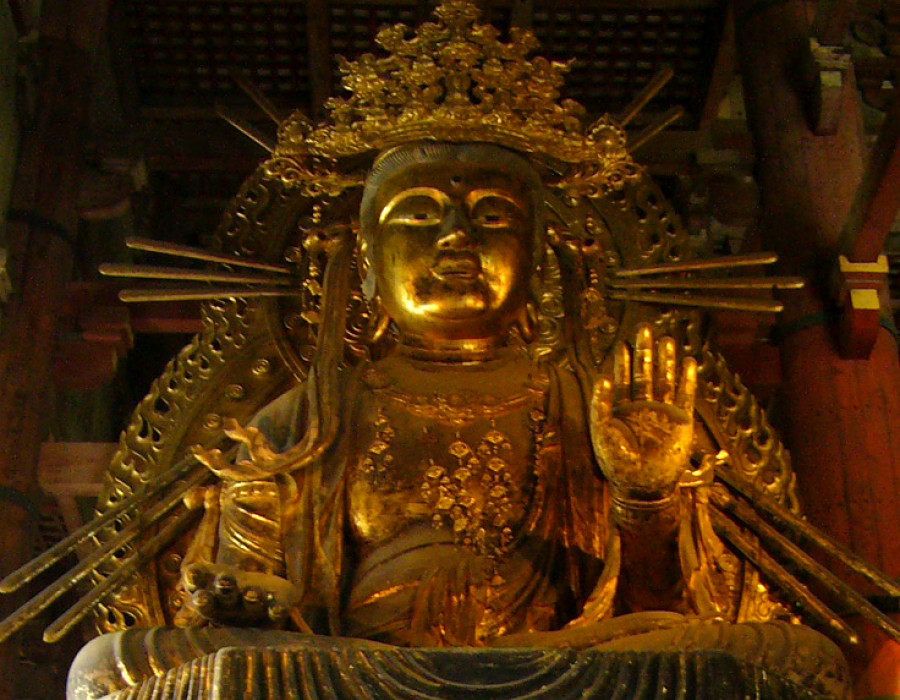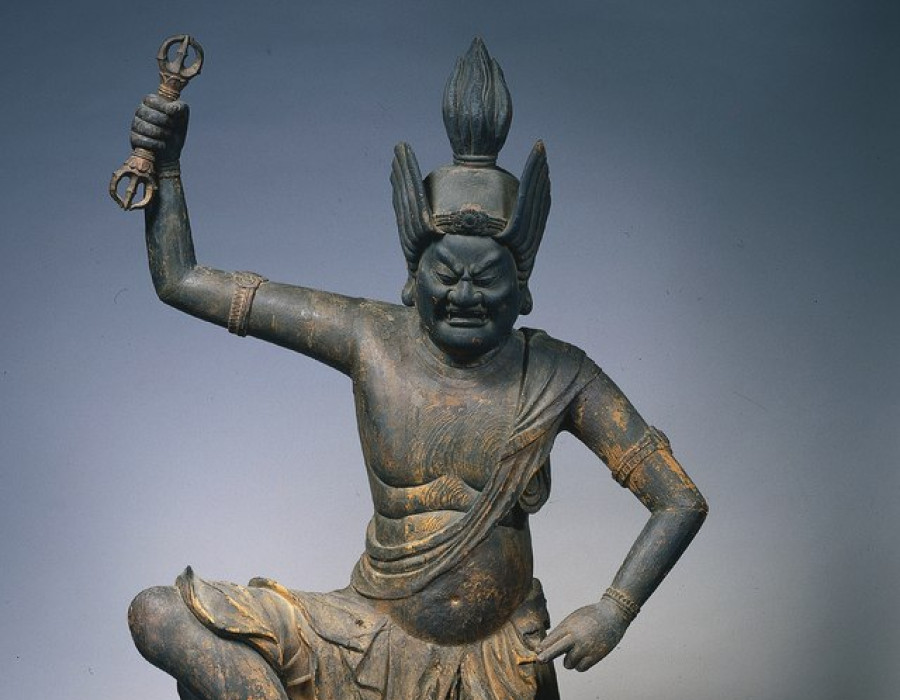
Martin Goodson
Amitābha Buddha | The Five Wisdom Buddhas
The Way of Devotion
Amitābha Buddha also known as Amida Buddha heads the most popular of the Chinese schools of Buddhism amongst the laity. His salvation is promised to all those who sincerely call upon his name. He is also coopted as one of the Five Wisdom Buddhas in Esoteric Buddhism who sits in the West the direction of his Pure Land.
,_Kamakura_period,_12th-13th_century,_wood_with_gold_leaf_and_inlaid_crystal_eyes_-_Tokyo_National_Museum_-_DSC05345.jpeg)
Amida Nyorai
By Daderot - Own work, CC0, https://commons.wikimedia.org/w/index.php?curid=31391546
Amitābha Buddha is also known as Amida Buddha in China and Japan, and is sometimes mistaken for Amitāyus, who belongs to the same Lotus family of Buddhas and Bodhisattvas that Amida Buddha heads.
Amitābha emerged during the Gandhara era (1st century C.E.) in the Kushan Empire of NW India (modern day Pakistan/Eastern Afghanistan).
Amitābha means ‘infinite light’, which expresses the radiating compassion of this Buddha who has vowed to save all beings who call on his name, even if called upon with the dying breath.
His origin story tells of a king who renounced his throne in order to become a monk and was called Dharmakāra (jp. Hōzō Bosatsu). This monk vowed to build a Buddha-field, or realm of virtue, from his own practices, in which any being, high or low, calling upon his name would be re-born upon a lotus there and then and would quickly attain Buddhahood. This Buddha field is more usually called ‘The Pure Land’, which gives the name to the school of Buddhism that follows his teaching. Pure Land Buddhism is a faith- based practice and follows the premise that individuals are so sunk into karmic delusion that it is simply impossible for an individual to save themselves. Therefore salvation comes through the ‘other power’ of the Buddha. In effect this Buddha acts as intercessor for the individual to attain Buddhahood. In Japan, some saw this school as being diametrically opposed to the teachings of the Zen school, which relied on ‘self-power’ rather than calling on outside intervention. However, the scholar and philosopher D.T. Suzuki refuted this dichotomy, saying that the difference was one of outer appearances only.

Amitabha Buddha
By 夏蓮居老居士會經、淨空法師科判、黃念祖老居士註解,公元2011年9月初版。 - 《佛說大乘無量壽莊嚴清淨平等覺經科註》, CC0, https://commons.wikimedia.org/w/index.php?curid=19324212
In the Platform Sutra the Sixth Patriarch, Hui-neng equates the Pure Land of Amitābha with the ‘Essence of Mind’ or mu-shin.
“Now, how would you like it if I were to shift the Pure Land to your presence this very moment, so that all of you might see it?” The congregation made obeisance and replied, “If we might see the Pure Land here there would be no necessity for us to desire to be born there. Will Your Holiness kindly let us see it by having it removed here?.”
The Patriarch said, “Sirs, this physical body of ours is a city. Our eyes, ears, nose, and tongue are the gates. There are five external gates, while the internal one is ideation. The mind is the ground. The Essence of Mind is the King, who lives in the domain of the mind. While the Essence of Mind is in, the King is in, and our body and mind exist. When the Essence of Mind is out, there is no King and our body and mind decay. We should work for Buddhahood within the Essence of Mind, and we should not look for it apart from ourselves. He who is kept in ignorance of his Essence of Mind is an ordinary being. He who is enlightened in his Essence of Mind is a Buddha. To be merciful is Avalokitesvara (one of the two principal Bodhisattvas of the Pure Land). To take pleasure in almsgiving is Mahastama (the other Bodhisattva). Competence for a pure life is Sakyamuni (one of the titles of Gautama Buddha). Equality and straightforwardness is Amitābha.
(The Sutra of Hui Neng tr. A.F. Price and Wong Mou-Lam. pub. Shambhala Boston 1969)
Amitābha Buddha was later coopted as one of the Five Dhyani Buddhas representing the Wisdom of Discernment and is connected to the Skanda of perception.

Inscribed pedestal with the first known occurrence of the name of "Amitabha Buddha" in "the year 26 of Huvishka" (153 CE, first year of Huvishka)
By Biswarup Ganguly - This file has been extracted from another file: Inscribed Pedestal of Amitabha Buddha - 104 CE - Govind Nagar - ACCN 77-30 - Government Museum - Mathura 2013-02-23 5539.JPG, CC BY 3.0, https://commons.wikimedia.org/w/index.php?curid=84682608
This Skanda is one of the five aggregates that the Buddha taught as a practice to realise the non-existence of a self in the human form and is the faculty that marries together perception of sense data with memory to form the act of recognition. It is the presence of the klesas or obstructions that cause misperception, the opposite of discernment. Hence this Buddha is the revealer of the Pure Land in the six sense bases.
The Sanskrit seed mantra associated with Amitābha is: hrīḥ
In Japanese Pure Land practice his mantra is: namo amida butsu


